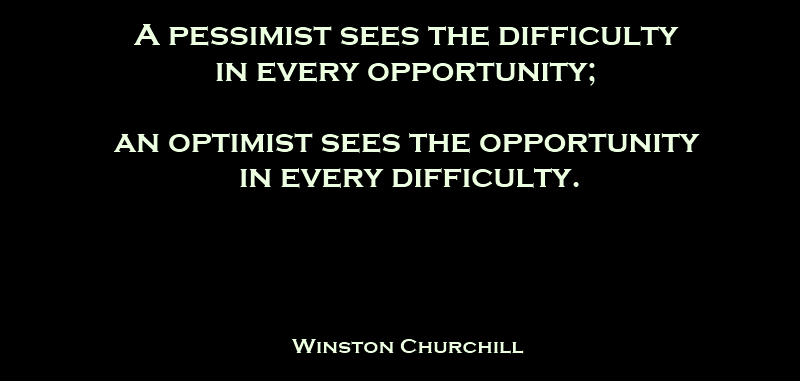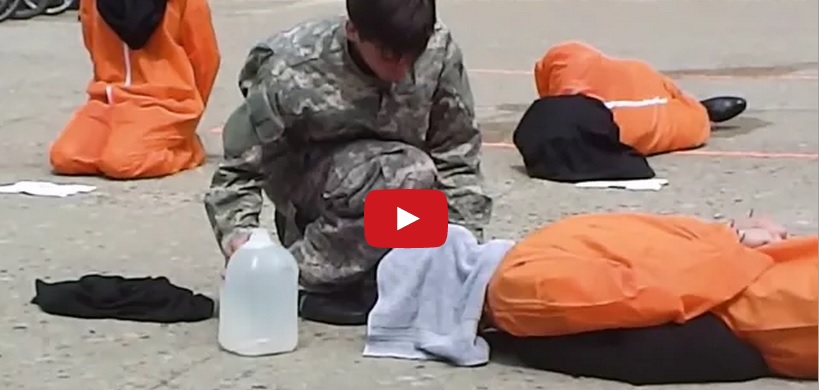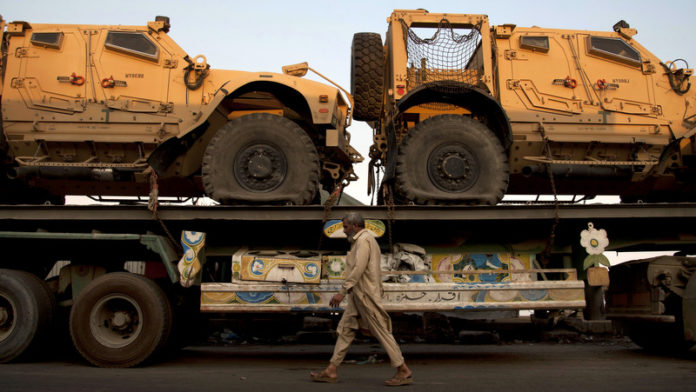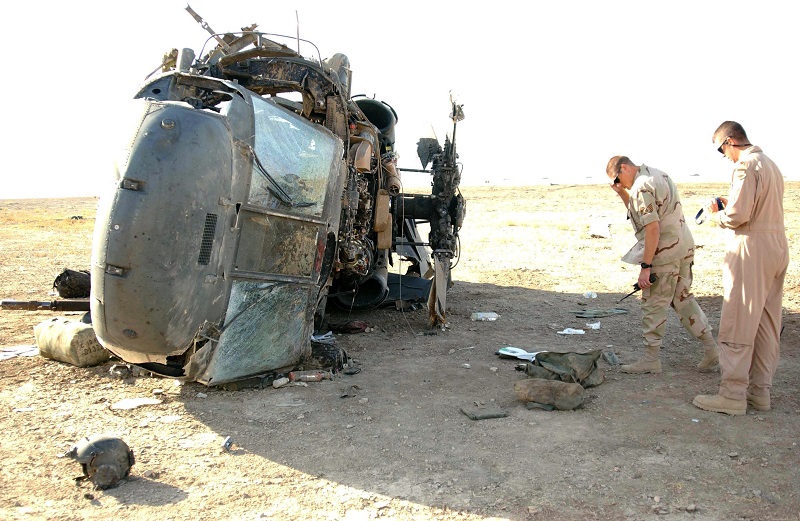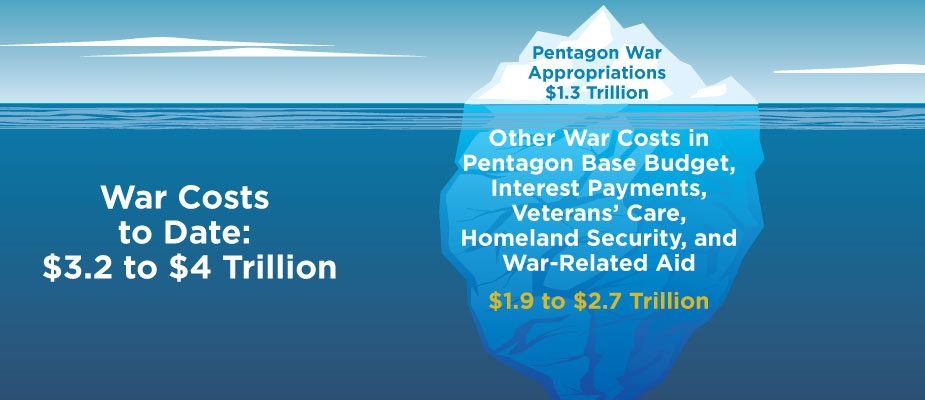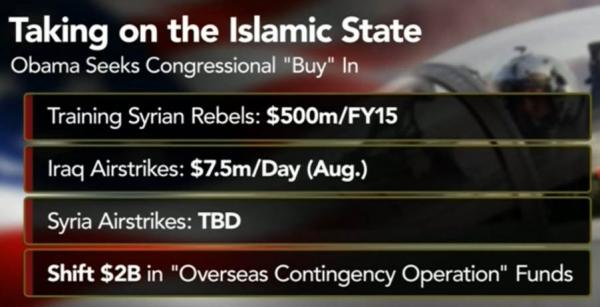Written by: Tiobe
Stress can kill you.
No, really: studies show stress, whether caused by major life events like death of a loved one or smaller events like reading the news or being stuck in traffic, induces a “fight or flight” response in our body. This biological reaction releases a hormone called cortisol into our bloodstream, and elevated levels of cortisol over long periods of time are linked to Alzheimer’s disease, cancer, depression, heart disease, obesity and premature death.
But before you stress out about being stressed out, here are ten tips that optimists do differently and can help you beat the stress and reap the many benefits of a positive outlook:
1. Excercise
Whether you walk, run, do yoga or play football, 30 minutes of exercise everyday releases “happy” hormones, keeps your heart in good shape and combats the effects of cortisol.
2. Sleep.
When we don’t get enough rest, it is more difficult to keep anxiety in check and keep matters in perspective. Turn off the electronics and lights to encourage your body’s natural circadian rhythm, and to encourage production of melatonin, a hormone that helps you sleep.
3. Breathe
Taking slow, deep breaths physiologically helps beat back anxiety, whereas shallow breaths can make matters worse. Meditation is a great tool to help with this, but even walking away from whatever you’re doing and taking three deep breaths works wonders.
4. If at first you don’t succeed: try, try again.
Being able to bounce back from something, being persistent and resilient creates opportunities where the more feint-hearted see none. Even if you attempt something multiple times and fail, try to find lessons in your failures, an opportunity to learn, and the time and effort won’t have been a waste.
5. Find a silver lining and count your blessings.
It may be trite, but it’s true; to some extent, we find what we look for. Take a moment to appreciate the small things, from the roof over your head, a beautiful sunset, a great conversation or having a meal. Train your brain to find gratitude and beauty wherever you are able.
6. Get out.
Newsflash: human beings were not biologically built to spend all their time in cubicles or offices. Get outside, spend time in whatever piece of the natural world is available to you, even if it’s just the park down the street from your office. Spending time outdoors grounds us, promoting relaxation and preventing stress.
7. Learn to roll with the punches.
The Rolling Stones nailed this one: “You can’t always get what you want.” Being able to be flexible affords you more opportunities and inherently negates the anxiety you would feel whilst fixating on something.
8. Find your groove.
Speaking of the Stones, studies show listening to music you like can be as effective at reducing stress as massage therapy. Bonus endorphins to those who sing and dance along.
9. Get by with a little help from your friends.
Sharing meaningful conversations, laughing, listening to others speak and being around other happy people are all stress-reducing benefits of making time to spend with your friends.
10. Lend a helping hand.
Give money to your favorite charity, volunteer with a local organization or offer support to someone else who is stressed to the max. Not only will your Karma benefit, research shows your own stress will seem that much smaller.
__________________________________________________________________________________
Sources:
http://www.huffingtonpost.com/2013/09/16/happiness-habits-of-exuberant-human-beings_n_3909772.html
http://content.lifeisgood.com/good-vibes/home/9-things-optimists-do-differently



